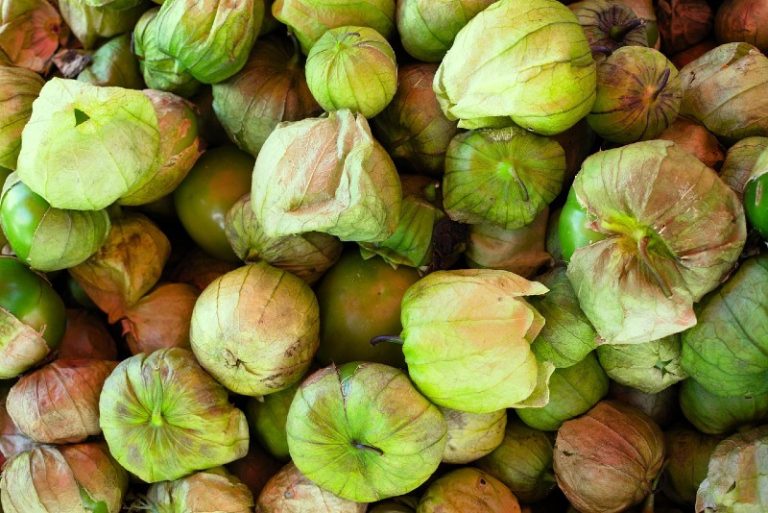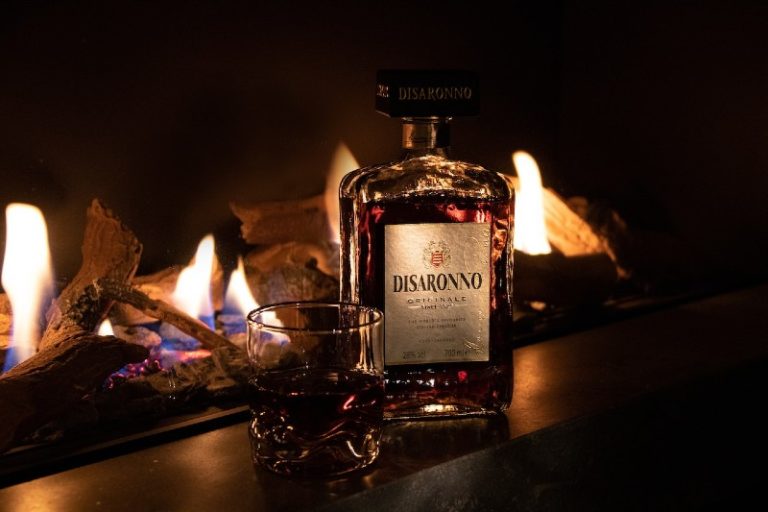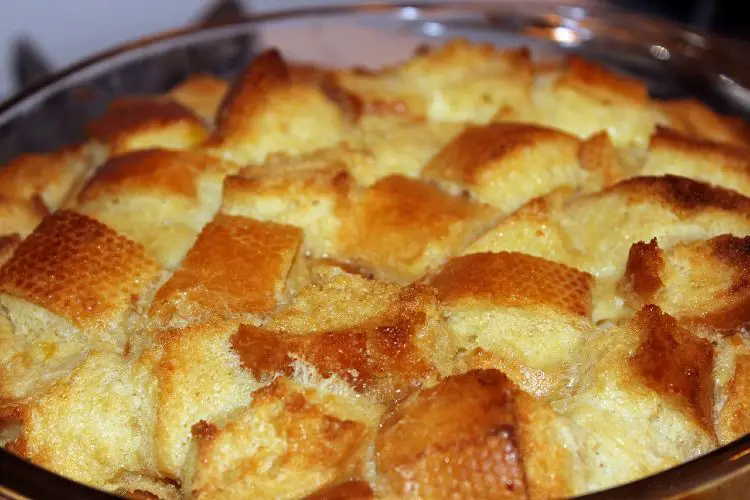The Art of the Restaurateur – An Interview with Nicholas Lander
Many who are addicted to food, house, garden and travel writing will know that the weekend edition of the Financial Times newspaper and its magazine are now, quite possibly, the most interesting publications of all to read. They encapsulate the very best, objective, researched and informed writing on those subject matters, and I scour through them piece by piece, hungrily devouring layers of opinion, thought and news.
My favourite columns are by the restaurant reviewer Nicholas Lander, writer of The Restaurant Insider, and his wife, wine writer Jancis Robinson. If you are not yet an addict, I could not recommend their work more.
I set out to find out how Nicholas learned and honed his writing skills to reach the top of the profession. His writing style is avuncular, objective, quite scholarly and investigative. I often unpick his sentences like stitching on a cloth, to see, in a forensic way, how they are constructed and paced, to try to improve my own writing skills, to learn and to prepare articles.
I was also curious to find out what he makes of lesser practioners, who now abound in numbers both digitally and in print, dismissing perfectly acceptable restaurants and chefs with disdain and rudeness, their currency rising with every bilious dispatch. There is no best practice code it seems, for this most lawless terrain: it’s like a Wild West with no sheriffs. I made an appointment via e-mail and took the train to London to meet him.
And what an imposing house I arrived at, in a beautiful street in North London, with a pretty front garden filled with fresh herbs and colourful flowers. Jancis let me in, and offered me a cold drink on this hot day, showing me into the drawing room where I sat waiting for Nicholas, overlooking an even prettier garden at the back of the house. They have lived and brought up their three children here for thirty years. I admired the oil paintings on the walls, rows of collectable, inlaid wooden boxes, kelim rugs, sumptuous curtains and beautiful antique furniture all around me. I sat in the enclave at the top end of the food writing world and I liked it very much. How very dignified.
When Nicholas entered the room he was polite and welcoming, excusing the fact that he was not quite one hundred per cent himself. He had been ill of late, and was recovering from a recent stay in hospital where he underwent several operations. Now, pale and thin, he sat upright on the chair in front of me, not entirely in comfort, but putting his feet up and sipping tea from a mug that bore a photograph of one of his baby grandchildren. Jancis went downstairs, into the kitchen, and left us in the room to chat.
I felt I had to make a good impression. It is not everyday you get to meet Nicholas Lander, the man who established L’Escargot in Soho, invented the Lunch for a Fiver restaurant promotion scheme, writes for Conde Nast Traveller and BA Business Life Magazine and is hired as a consultant for the creation of eateries inside blue chip arts venues such as the Royal Albert Hall, the Southbank Centre, Covent Garden, the Glyndebourne Opera, the V and A and the British Museum, to name but a few.
So I came straight out with it: I blurted Nicholas, I think you are the very best at what you do and I have come to find out how it is you do it and then I am going to tell all our readers. He waited for me to finish speaking. Then he bowed his head slowly and said,
“Thank-you very much. That is very kind.”
Then he waited for me to speak again. So the obvious question to ask then was how it all came to be, in the very beginning, when he sold L’Escargot in 1988, how did he get the plum job at the F.T., where he gets to review the very best restaurants in the world, week-in-week-out and is paid to show others how they too could establish a successful business in this most challenging of industries. Surprisingly, he confessed it was all quite by chance.
“My wife Jancis was writing the Oxford Companion to Wine and a couple of friends came over for dinner. We were in the kitchen, downstairs, and these friends knew the editors at the FT. They said that what the FT really needed was a regular restaurant reviewer, one that would have an FT slant, not just random contributors. So I sent in a review of Bibendum restaurant to J.D.F Jones, who was the then editor of the FT Weekend Magazine. I got the job. Of course that would never happen to me now, because there would be so many applicants. Things were different then.”
I asked him whether the fact that he owned a restaurant for eight years, knowing and understanding how difficult it is to run a good establishment, made him more empathetic with the restaurateurs he was reviewing?
“Yes and no. To some extent I have huge empathy with them whilst at other times I could go to the other extreme. But, generally, I tend find a good balance.”
The biq question, of course, is whether the staff at the restaurant he is reviewing know he is coming or not: is the booking done completely anonymously?
“The booking is done completely anonymously, they do not know we are coming. I go with Jancis, and the F.T. pays for a meal for two with wine. If we decide we want a more expensive bottle of wine then we ask for a separate bill for the wine which we then pay for ourselves. I normally book the table under a pseudonym, sometimes as Mr. Robinson, because that is a simple name that even foreign restaurants will understand because everyone knows Robinson Crusoe”
Is he very discreet about note taking? Is it all done inside his head or does he write everything down?
“I use pocket sized black Moleskine notebooks. They have an inside flap which is useful for putting the bill. I do not need to take the menu because nowadays they are all online. I try to be as discreet as possible, but if the staff notice, they notice.”
Does he have eagle eyes?
“Because I used to work in the restaurant trade I do have eagle eyes and look at all the details. It was Joe Baum, the restaurateur who established the Windows on the World and The Four Seasons restaurants in New York, who said that when he walked into his restaurant he looked at the lights to make sure they were shining the right way, he looked at the floor to make sure it was clean and he looked at the waiter stations to make sure they were all tidy. Then, after that, he never took his eyes off the customer. God is in the detail with restaurants, so, yes, I do look at everything.”
Not all the restaurants that Nicholas visits reveal an interesting story, one that he wishes to pursue. He feels his overriding responsibility is to shine a light on excellence.
“My restaurant reviews are my one opportunity a week to tell the readers about somewhere that is very good, to point them in a good direction.”
At the end of the lunch, Nicholas reveals to the owner that he is not Mr. Robinson, he is in fact Mr. Lander, and makes an appointment, if possible, to see him or her later on in the afternoon, before the evening service. The F.T. is a powerful calling card, and, needless to say, restaurateurs make time for that appointment. But the challenge of engaging and retaining the attention of a global readership is not inconsiderable.
“One of the challenges of the F.T. is that only one third of its circulation is in Britain, the rest is all over the world, so the articles cannot just be about food, they need to appeal to a broader audience. My column deals with what makes a restaurant and the restaurateur tick. If a restaurant and the people who run it are really inspiring, then I have no difficulty in writing those 900 words that I have to file.”
Nicholas does not read other writers’ reviews of restaurants he is due to visit, for fear of clouding his own judgement or being steered in a direction that he would not otherwise have contemplated, which is fair.
The debate amongst restaurant reviewers is whether a restaurant should be judged on just one meal or whether there should be an assessment over several meals. Nicholas is quite decisive on this point:
“I think that first impressions are terribly important, and they reflect real life and people’s attitudes because if a customer is not happy the first time he dines in your restaurant then he will almost certainly not return. All that a restaurant reviewer is doing is passing on that first impression.”
And the power of that impression cannot be underestimated. Once a derogatory restaurant review is posted on the internet, it is then Tweeted and Retweeted, posted on Facebook and links whizz across cyberspace with fury and alacrity, spreading like bacteria on a laboratory petri dish. These viral Chinese whispers are to the demise of the establishments that dare incur the disappointment or wrath of any blogger or food writer with force, flair and followers. Although the Internet has brought about many positive changes it has also created an opportunity for spite and revenge – suddenly everybody has a right to an opinion, however damagingly it encroaches on perfectly viable reasons why something went wrong with front of house service, or there was a misunderstanding about a starter order, or a steak was erroneously served on the bloodier side of medium-rare.
I therefore asked Nicholas what he thought of “New Age Restaurant Reviewer”. We all know the type. Well in fact, I said to Nicholas, there are two vulgaris types. The first writes reviews to be seen to be funny: long winded and condescending he {for yes, it is normally a he} wants to diminish and denigrate so as to increase his own readership, for rudeness is the new black. The second is the reviewer who seeks to target and destroy those establishments who cater for well-heeled, public school and upper-class customers, feeling that they {from a poor, state school and working class background} are disenfranchised from the influencer set and view their column as a weapon of mass dismissal, to look back in embittered anger at restaurateurs, chefs and diners who embody their social mobility Achilles heel.
Nicholas sat in silence and looked straight at me. This is where I began to suspect the interview was about to unravel prematurely. Maybe I had offended his colleagues or maybe he believed my judgement misguided, for he too could craft a well-aimed missile at those that delivered pricey food and service below par.
After an interminably long time, tea sipped and position on armchair changed, he said, quite softly,
“Yes. I think you are right.”
And then he thought some more. In fact, he surmised, the entire landscape of writing and the restaurant industry had changed, its socio-demographic-economic paradigms shifting through the generations.
“I have seen so many changes take place in my career. Writers are no longer controlled by editors as much as they were in the past, the nationals are trying to reach out to a wider, younger readership. Also, when I opened L’Escargot thirty two years ago, the sort of people who entered the restaurant trade were aged around 45-50 years of age and they just fell into the business, sometimes completely unexpectedly, just because they loved food and people. Now the average age of a restaurateur is in the 20-30 age bracket and they have made a conscious decision to enter the profession. I have also noticed that the average age of a restaurant customer has fallen, there is a wider and greater enthusiasm for the restaurant business and, of course there is so much more money now in London, even during the recession. When I started writing the average customer was much older, there was far less money and the expectations were not the same. Back then, of course, when a customer felt the need to complain, they would write a letter. Nowadays that complaint can be seen globally.”
When I asked what he thinks of that genre of cuisine which comes on rectangular plates with drizzles, foams, squirts, gels and the deconstructed unfathomable on a bed of illusion, he nodded his head in quiet disapproval.
“I remember dining with Elizabeth David once, and even back then this idea of tortured food was starting. She asked the waiter just how many fingers had tweaked and turned the overwrought dish placed before her. I do wonder why so many restaurants, especially those that cannot afford to do it, continue to produce such food. It is extremely expensive, and if you take a chef away you can bring the prices down, making the food more affordable.”
In the last two years Nicholas has been working hard at the writing desk that sits overlooking the garden, producing the book he has always wanted to write, and it is due to be published on 17th September 2012. Phaidon approached him to write “The Art of the Restaurateur”, the concept placing the restaurateur firmly at the centre of the work and not the chef, who, for far too long has been the undisputed star of the restaurant scene.
“I was originally approached in July 2010 and we signed the contract in the Spring of 2011. It was a great deal of hard work, because I interviewed 20 restaurateurs, finding out about how they set up and ran their businesses, all around the world. Luckily, some were passing through on their way to somewhere else, so I could interview them at their hotel in London, but with many I travelled there myself. In the first two chapters of the book, however, I write about my own experience of running a restaurant, drawing reference from what I learned.
I have to say it was such a pleasure to be able to include the 20 restaurateurs who have given me so much pleasure in my career. This book is a celebration of their work and the enjoyment they give to others. It is the restaurateur who generates hospitality and conceptualises the ideas of great food in a great setting. It was a privilege to write it.”
The Art of the Restaurateur goes behind the scenes of restaurants as far afield as Gramercy Tavern and Union Square Café in New York, Antica Locanda Mincio in Italy, Wagamama and Moro in London, el Bulli in Spain and Ballymaloe in Ireland. He interviewed some of the most influential restaurateurs of our time, from Alan Yau to Danny Meyer, Hazel Allen and Maguy Le Coze. Being an ex-restaurateur meant that business owners gave Nicholas the sort of access that any other interviewer would not have been allowed. The concept of trust is important in bearing it all on print. For those that aspire to become restaurateurs or for those that already own their eatery, this must surely be industrial espionage in its highest, most voyeuristic glory. This is how the book is described in its pre-marketing phases, by publishers Phaidon.
“Despite the interest and increased professionalism of many restaurateurs, however, the restaurant business is still one of the most financially risky. In the UK only the construction industry sees more liquidations. Brands and chains have also made life difficult for the independent restaurateur. But these individuals all have an extraordinary story to tell, stories that will appeal to those disenchanted with a corporate world, give inspiration for the next generation of would-be restaurateurs, and provide a compelling read for anyone interested in the modern restaurant.”
He is pleased to be in the Phaidon stable: they have strong international sales, produce beautiful, glossy hardbacked books and are well known for commissioning experts in their field, with a strong back-catalogue and an engaging social media presence. There are no photographs in the book but there are simple, pleasing black line drawings by Nigel Peake.
So what is Nicholas’ advice for those who think they might be interested in setting up their own restaurant? Is a love of food, drink and hospitality enough to see you through? What is the secret alchemy?
“I would definitely advise people to try it out as an amateur. Do a week, do a month working in a restaurant and see whether you can hack it. If you cannot hack it, then it is certainly not for you professionally. Remember that an awful lot of people in this industry are very friendly, so ask lots of questions before you start day dreaming. You will need to be very numerate, astute and business savvy. Working out your profit margins and rent come before working out the perfect muffin recipe. Even the very best restaurateurs, nowadays, cannot just do their day job, they need to be masters of self-promotion.”
I had been in the chair in front of him now for a whole hour. I realised he was quite probably very busy, or tired, needing to stretch his limbs, get back to the book or all of the above. So I started to end the interview and we exchanged pleasantries and life details. He asked me where I was going after this and I told him, very excitedly, that The Foodie Bugle had been nominated for an award, The Guild of Food Writers New Media Award 2012, and I was on my way to Fishmongers Hall to put on a brave face when the winner was announced.
“And why is that?” he asked, surprised at my self-effacement and pessimism.
So I explained that I am female and foreign and an outsider to the world of food writing, so was completely astonished to be invited to be there at all. I am only a digital writer and the other contenders, BBC Good Food, The Times newspaper and TimeOut London, all have hugely popular print platforms, massive distribution, corporate advertising and budgets as tall as trees. It all seemed so unattainable and improbable.
So Nicholas Lander took me by the arm and said that if I won I should be really jubilant, I should celebrate wholeheartedly and I should let him know.
“Because you see, in the Bible David did slay Goliath, so although you only have a remote, outside chance, you just never know, these things can happen.”
So I walked down his immaculate garden path, down his street, towards the main road, with my own Moleskine notebook in hand, hoping that Nicholas would defeat his own Goliath, the illness that had taken him away from the F.T. Weekend Magazine pages. He was due to return to the column in July. All was well. Because you see politeness, thoroughness and thoughtfulness are the new cool. They underpin the art of the really good restaurant reviewer.
Further Information
Nicholas Lander: www.nicholaslander.com
Jancis Robinson: www.jancisrobinson.com . Follow Jancis on Twitter : @JancisRobinson
Phaidon: www.phaidon.com . Follow Phaidon on Twitter: @Phaidon




